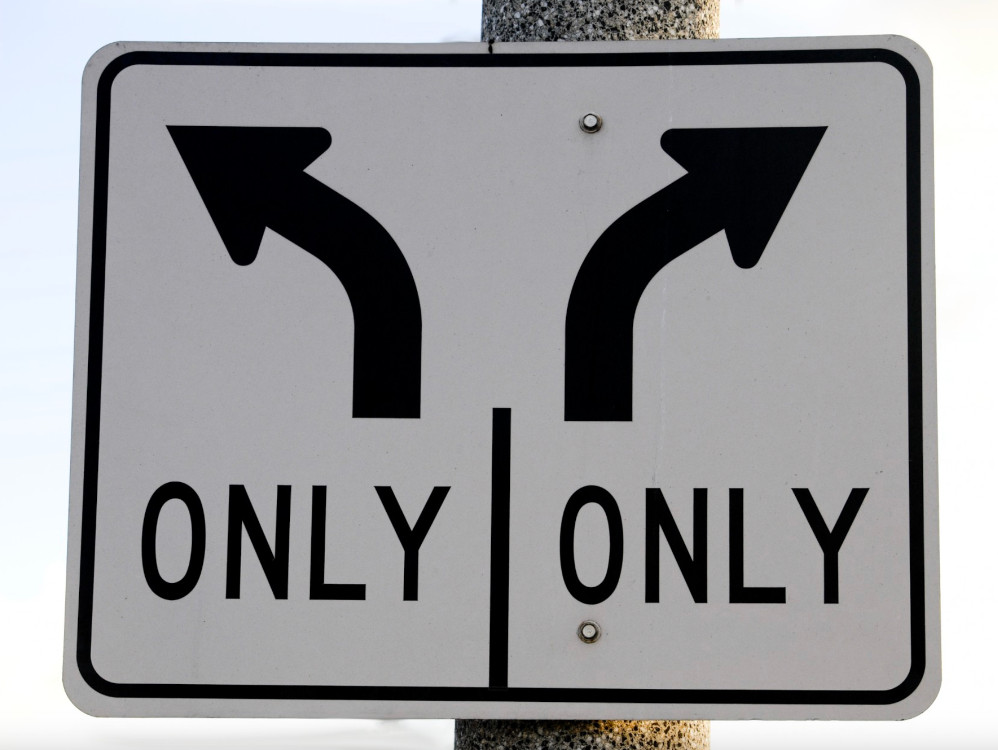A note from a listener to the Planet Extra Podcast with Chas Licciardello and Dr David Smith ( Licciardello hosts the ABC’s Planet America and Smith lectures at Sydney University but on the podcast neither of them speak for either institution, they always point out.)
T. O., a Christian listener, wrote in: “I dislike the talk of the Christian right though, and their supposed war against the queer agenda. If anything, I’m probably in the middle of the Christian right at the moment.
“I’m employed in ministry with a conservative denomination. I’m studying at a conservative Bible college. There’s been literally no mention of any note of fighting the queer movement other than how to respond with love while not compromising on our faith. Even that’s more general around anyone who may have different position on anything, not tied the gender or sexuality per se.
“It just isn’t something we go to war on post gay marriage in Australia. I think it’s more a cultural right thing to fight over than a Christian right thing … Now let’s move on and focus on important stuff. That’s the sentiment I hear when it gets raised.”
Licciardello reponds: “I just want to share that because that’s very easy when you see American Christian writers to go, well, that’s the Christian right everywhere, and maybe this is just T.O.’s personal experience and if he wanders down to the next Bible college down the road, it might be completely different.”
Smith, adds: “[T. O.’s comment] I think that’s probably fairly typical of Australia. Important to note, he’s actually involved in ministry. He’s actually involved in the Christian side of the Christian right. A lot of what we refer to as the Christian right is culturally associated with Christianity, but doesn’t necessarily have a lot of religious content. And yeah, I wrote an article once about the differences between the Australian Christian and the American Christian. Right.”
From The Other Cheek’s understanding, T. O. could be studying at a number of the Australian University of theology Colleges such as Sydney Missionary and Bible College, Morling College, or Ridley – or stand alone institutions like Moore College or Alphacrucis.
The point they are making is that culture war issues don’t take up much time at these colleges. Back when The Other Cheek studied at Moore Theological College, only one lecture in his diploma course was about complementarianism, one of the distinctives of the college.
Smith wrote on the propensity for Australian conservative Christians to lose political battles in a 2021 paper: “The unique policy effectiveness of the American Christian Right, which operates almost entirely through partisan coalitions rather than institutional access, comes from its consistent ability to deliver a solid voting bloc for the Republican Party (Grzymała-Busse 2015; Wilcox 2009). Australia’s Christian Right cannot boast the same electoral power at either the state or federal level (Cameron and McAllister 2020; Smith 2009). This makes the Liberal-National Coalition an unreliable ally for the Christian Right on issues like marriage and abortion, where electoral majorities in Australia are not conservative.”
T. O.’s comment may reflect the practical outcome of that relative political powerlessness. A 2021 Pew Research report put the percentage of evangelicals in the US at 24 per cent of Adults. Despote some evidence of decline – and accepting that the term “evangelical’ no longer applies to believers with orthodox faith – this remains a powerful political force. 81 per cent of white evangelical’s voted Republican in the 2024 election. Any group with these numbers is in a position to powerfully influence a party.
No such situation exists in Australia. If a third to a half of Australia’s church attendance of 21 percent at least monthly (the NCLS 2021 figure) are evangelical or charismatic/pentecostal, then that is arguably less than a third of the “evangelical” base available for the Republicans. And Australian evangelicals, while certainly leaning right overall, do not vote en masse for one party.
Without the ability to so easily affect political outcomes – pragmatics (if not principle) would give Australian Christians less desire to run a “Christian Agenda” in the in political space.
However it is worth repeating that the Australian Christian Lobby (ACL) according to our Michelle Pearse interview last week is returning to its original intent to pursue a political agenda, after their Marty Iles interlude. Iles attemted a mass movement, rather than working through either churches or with the major political parties. The Other Cheek understands he was restrained from going full out on Covid by the ACL board, which later removed him in favour of engaging with both church leaders and the political parties.
Australian evangelicals – as distinct from some of the Pentecostal movement – have been resistant to employing them as a voting block. Resistance to Covid laws never became the point of identication for a Christian right that some thought it might be.

